|
|
|
Conference > Invited speakers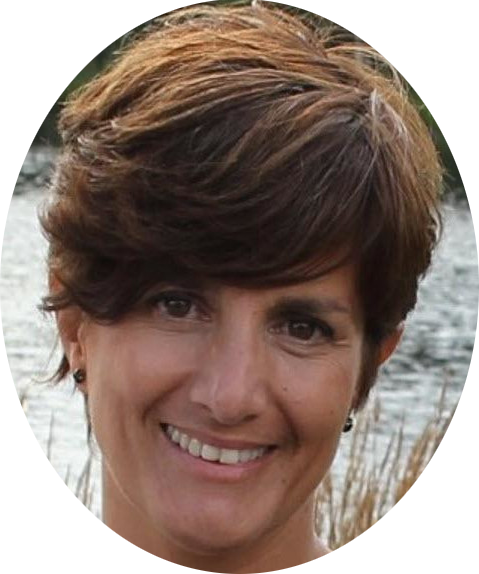
Plenary speakerPilar Fernández IbáñezUlster University, Belfast, UKProfessor of Environmental Engineering of the School of Engineering at Ulster University, UK. Previously Head of Group at Plataforma Solar de Almería of CIEMAT, Spain. Her research focuses on low-cost technologies for water purification, photochemical and advanced oxidation processes for the removal of microbiological pathogens and hazardous chemical contaminants, and decentralised technologies for drinking water in developing communities. She has published 185 peer-reviewed papers, with H-index 59 and > 13,300 total citations. Member of Royal Irish Academy. Member of the Environmental Sciences Association of Ireland. Ireland representative of the International Union of Pure and Applied Physics IUPAP, committee C13 ‘Physics for Development’. Regional Editor of Journal of Photochemistry and Photobiology, A: Chemistry, and Editor of Journal of Environmental Chemical Engineering and Chemical Engineering Journal. 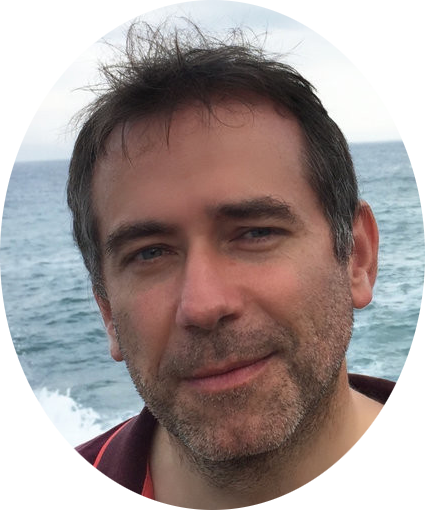
Plenary speakerNicolas KellerICPEES - CNRS / University of Strasbourg, FranceNicolas Keller is CNRS Research Director at the Institute of Chemistry and Processes for Energy, Environment and Health (ICPEES) at the University of Strasbourg, France. He obtained his PhD in catalysis and materials chemistry in 1999 from the University of Strasbourg. He completed a postdoctoral fellowship with Prof. Robert Schlögl at the Fritz Haber Institut of the Max Planck Gesellschaft in Berlin, and was appointed to the CNRS in 2001. Throughout his career, he served as JSPS invited professor at AIST in Tsukuba (Japan) in 2009, as invited professor at the Jagellonian University in Krakow in 2020, and more recently as visiting professor at the Shibaura Institute of Technology in Tokyo in 2023. He has co-authored over 160 scientific papers and 13 patents, and was awarded in 2016 the Simone et Cino Del Duca Foundation under the aegis of the French Science Academy. He is currently the grant coordinator for the PRIORITY European COST Action on Plastics Monitoring, Detection, Remediation, and Recovery. He chaired the 9th European Meeting on Solar Chemistry and Photocatalysis: Environmental Applications (SPEA9) in 2016 and the 8th International Conference on Semiconductor Photochemistry (SP8) in 2023. His research primarily focuses on the design of materials for heterogeneous (photo)catalysis and solar photoconversion, particularly in the context of environmental sustainability and energy-related reactions. 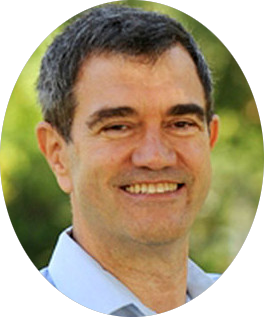
Plenary speakerHermenegildo GarcíaInstituto de Tecnología Química - Universitat Politècnica de València / CSIC, SpainHermenegildo García carries out his research work at the Institute of Chemical Technology and teaches at the Department of Chemistry at the UPV. At the ITQ he works in a multidisciplinary research group that has achieved important results in the conversion of solar energy into green hydrogen and solar fuels through the development of photocatalysts, some of them based on graphene. His work group coined the term carbocatalysis, which uses graphene and its derivatives, from agricultural waste, as heterogeneous catalysts in different chemical processes for the transformation of CO2 into methanol and related to the storage of electrical energy in supercapacitors. In 2016 he was awarded the Jaume I Prize for New Technologies and in 2021 he received the National Research Award in the area of Chemical Science and Technology. He has published more than 900 articles in scientific journals in the areas of chemistry, materials and the environment and filed more than 70 patents. 
Plenary speakerJames DurrantImperial College London, UKJames Durrant is Professor of Photochemistry in the Department of Chemistry, Imperial College London and Sêr Cymru Solar Professor, College of Engineering, University of Swansea. His research focuses on the use of transient spectroscopies to investigate the function of new materials for sustainable energy conversion, including materials for artificial photosynthesis, solar cells and electrolysis. More widely, as part of the SPECIFIC IKC, he leads the EPSRC programme grant ATIP, and at Imperial leads its Centre for Processable Electronics (the CPE). He was elected a Fellow of the Royal Society in 2017 and appointed a Commander of the British Empire (CBE) for services to photochemistry and solar energy research in 2022. 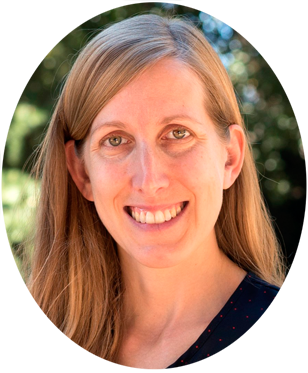
Plenary speakerJennifer DionneStanford University, USAJennifer (Jen) Dionne is a Professor of Materials Science and of Radiology at Stanford. She is also a Chan Zuckerberg Biohub Investigator, deputy director of Q-NEXT (a DOE-funded National Quantum Initiative), and co-founder of Pumpkinseed, a company developing improved T-cell therapies. From 2020-2023, Jen served as Stanford’s Inaugural Vice Provost of Shared Facilities. Jen received her B.S. degrees from WashU in St. Louis, her Ph. D. at Caltech, and her postdoctoral training at Berkeley. As a pioneer of nanophotonics, she is passionate about developing methods to detect and direct biochemical transformations, emphasizing critical challenges in global health and sustainability. Her research has developed culture-free methods to detect pathogens and their antibiotic susceptibility; amplification-free methods to detect and sequence nucleic acids and peptides; and new methods to image light-driven chemical reactions with atomic-scale resolution. She is the recipient of the NSF Waterman Award, NIH New Innovator Award, and the Presidential Early Career Award for Scientists and Engineers, and was featured on Oprah’s list of “50 Things that will make you say ‘Wow’!”. Dionne alum hold faculty positions spanning top academia (eg, professors at MIT, Stanford, Berkeley, Northwestern), industry, startups, policy, and communications, including a Pulitzer prize winner. 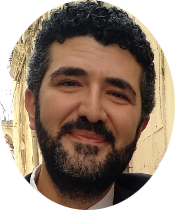
Keynote speakerFrancesco ParrinoUniversità degli Studi di Trento, ItalyFrancesco Parrino graduated at the University of Palermo in 2005 in Chemical Engineering cum laude and got a PhD in Inorganic Chemistry in 2009 at the Friedrich-Alexander University of Erlangen-Nürnberg (Germany). He is currently Associate Professor of Chemistry and Thermodynamics of Materials at the Department of Industrial Engineering, University of Trento (Italy). His research activity deals with the preparation and characterization of photocatalysts for the degradation of pollutants and for the green synthesis of valuable organic molecules. His scientific production conjugates mechanistic and fundamental aspects of heterogeneous photocatalysis with engineering issues for industrial applications. He has authored more than 120 joint papers and book chapters, three patents, and several communications in international conferences on these topics. 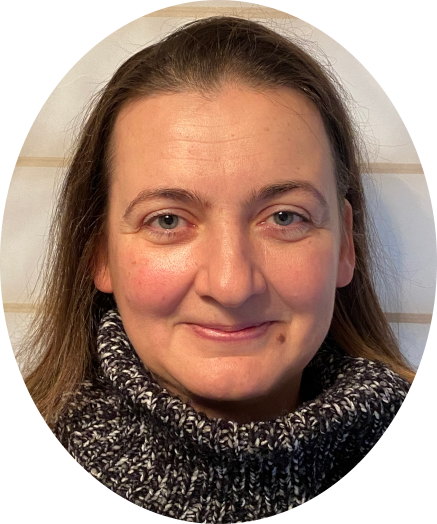
Keynote speakerEwa KowalskaJagiellonian University, Krakow, PolandEwa Kowalska is professor at Jagiellonian University (JU). She received PhD degree in chemical technology (Gdansk University of Technology, Poland) in 2004. After completing JSPS (2005-2007) and GCOE (2007-2009) postdoctoral fellowships in Japan, and Marie Sklodowska-Curie (MSC) fellowships in France (2002-2003) and Germany (2009-2012), she worked at Institute for Catalysis (ICAT), Hokkaido University as associate professor (2012-2023). In 2022 she was appointed professor at Faculty of Chemistry, JU. Her research interests focus on environmental protection, AOPs, solar energy conversion, plasmonic photocatalysis, nanoscience, “green” chemistry and vis-responsive materials for degradation of chemical and microbiological pollutants. She has published over 120 papers, led research grants from different founding agencies (e.g., Bill & Melinda Gates Foundation, CONCERT Japan, European Commission (MSC), NCN, NAWA), and served as editor of Materials Science in Semiconductor Processing, Micro & Nano Letters and EWA Cat. Res. https://ewakowalskasapporo.wixsite.com/ewa-kowalska/ 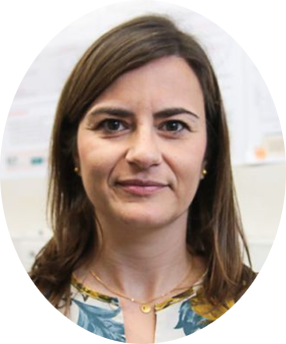
Keynote speakerCláudia G. SilvaUniversity of Porto, PortugalCláudia Gomes Silva obtained her PhD degree in Chemical and Biological Engineering from the University of Porto in 2008. She is currently an Assistant Professor in the Department of Chemical Engineering of the Faculty of Engineering of the University of Porto (Portugal) and a Senior Researcher at ALiCE – Associate Laboratory in Chemical Engineering. Her research has been mainly dedicated to the development of materials and devices for the photocatalytic production of fuels and chemicals. Her scientific career has been recognized internationally by being featured in the Top 2% of most cited scientists worldwide since 2020. She is currently Associate Editor of Photochemical & Photobiological Sciences (Springer), member of the Editorial Board of Frontiers in Chemistry (Frontiers), Catalysts (MDPI), and PhotoChem (MDPI). C.G. Silva is currently the President of the Group of Industrial Chemistry of the Portuguese Chemical Society and Vice-President of the Iberian Association of Photocatalysis. She is regularly involved in the organization of scientific and pedagogical activities for science dissemination, including the organization of national and international conferences, being a member of the Scientific International Committee of SPEA - European Meeting on Solar Chemistry and Photocatalysis: Energy and Environmental Applications since 2012. 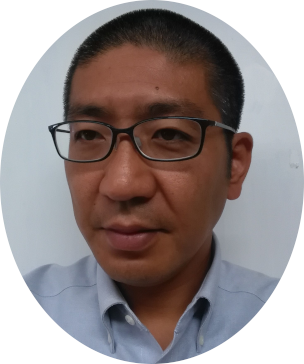
Keynote speakerKenji KatayamaChuo University, Tokyo, JapanDr. Kenji Katayama is a Professor of Chemistry at Chuo University, with expertise in photocatalysis, liquid crystals, time-resolved spectroscopy and microscopy, and data science. Dr. Katayama received a Ph.D. in 2002 from The University of Tokyo, specializing in ultrafast photothermal spectroscopy. Following a postdoctoral stint with the K. A. Nelson Group at MIT, they joined Chuo University, where they became a full professor in 2011. Dr. Katayama’s research portfolio spans multiple interdisciplinary fields: spectroscopy and microscopy, microfluidic systems, photocatalysis, photovoltaics, liquid crystal technology. Through these domains, they have contributed extensively to the development of energy-efficient materials, solar energy conversion systems, and analytical devices for micro-environmental applications. Their group at Chuo University is dedicated to leveraging data science techniques to optimize these advanced materials and systems, facilitating the translation of fundamental discoveries into practical applications. He has published more than 180 peer-reviewed papers until now. 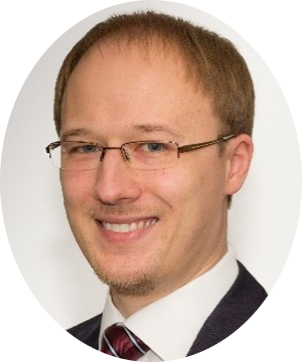
Keynote speakerJohnathan Z. BlohDECHEMA-Forschungsinstitut, Frankfurt am Main, GermanyJohnathan Bloh is Head of the Chemical Technology Department and a member of the Executi-ve Board at the DECHEMA-Forschungsinstitut in Frankfurt am Main, Germany, since 2021. He earned his Habilitation in Technical Chemistry in April 2021 from the Institute of Technical Che-mistry at Leibniz University Hannover, under the mentorship of Prof. Dr. Thomas Scheper. From 2014 to 2021, he led the Chemical Technology research group at DECHEMA-Forschungsinstitut. Prior to that, he was a Research Fellow at the University of Aberdeen’s Department of Chemistry in the United Kingdom, working in the group of Prof. Donald Macphee. He completed his PhD in Chemistry in 2012 at Leibniz University Hannover under the supervision of Prof. Dr. Detlef W. Bahnemann, with a dissertation focused on the development of zinc oxide photocatalysts for air pollutant abatement. His got his Master’s degree in Life Science in 2008, also from Leibniz Uni-versity Hannover, where he investigated the cytotoxicity of photocatalytically active titanium dioxide nanoparticles. He pursued his undergraduate and graduate studies in Life Science at the same university from 2003 to 2008. With an H index of 23, he has authored >55 articles in SCI journals. |

